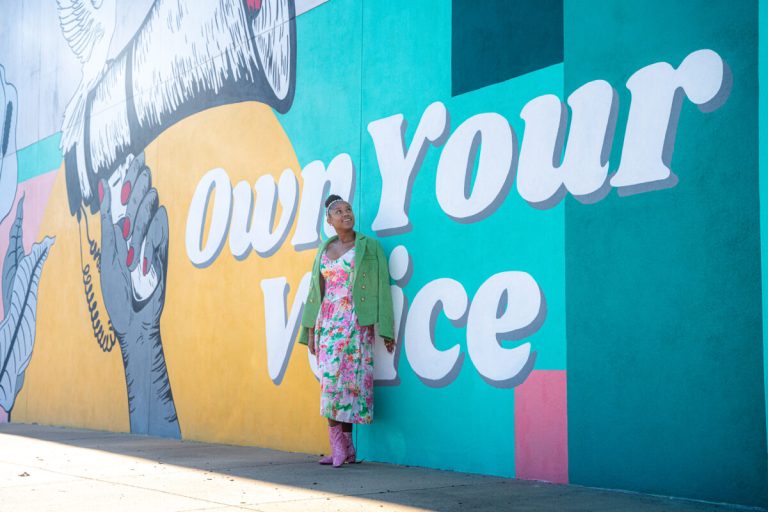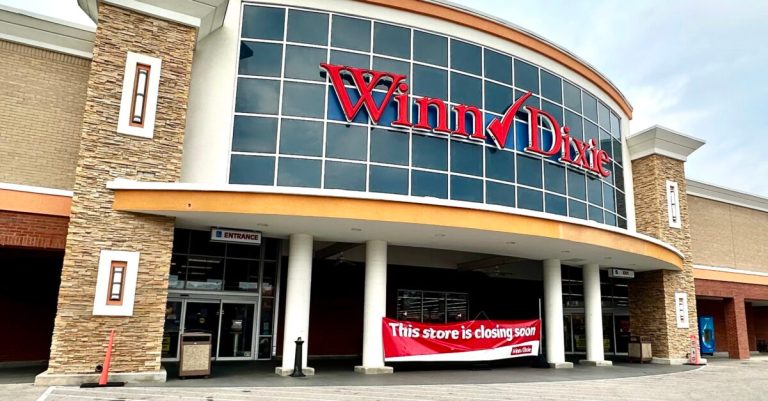Accept, excel + innovate: do all 3 at this new charter school—apply now for grades 6-12
Reading time: 6 minutes
Sponsored

In the fall of 2021, Magic City Acceptance Academy (MCAA) welcomes its inaugural class of 6-12th graders. Curious to learn more about MCAA’s academics, we reached out to Founding Principal Dr. Mike Wilson, Chief Academic Officer Charity Jackson and STEM Director Trevor Hauenstein. Keep reading for all the details, and register your child now.
1. BRAVE LEARNING SPACE: removing distractions so students can focus on their education

When we asked about excellence and innovation in academics, all three talked about the “brave learning space” that MCAA aims to foster. What does this mean? A few things.
- According to Trevor Hauenstein, it’s a “revamp of what middle school and high school can look and feel like.”
- Innovation starts with who is welcomed and celebrated at the school. Dr. Wilson explained that “we are reaching out to marginalized communities of students, and anybody who wants to come and learn is welcome.”
- Once the students are at the school, the faculty and staff are committed to creating a community of learners grounded in social justice and a restorative justice system.
- Social and emotional learning are integrated into everything that happens at MCAA, according to Charity Jackson.
“I’m personally very excited to see what different levels of engagement we can have on the academic materials when we get rid of a lot of the other distractions. I’m curious to see how not having to worry about what’s cool or not cool, bullying, and feeling valued affects education. Plus, when students need help, attention and individualized learning, we’ll be able to deliver that service.”
Trevor Hauenstein, STEM Director, Magic City Acceptance Center
What this looks like during a school week

I love a grand vision, and as a parent of two almost-middle-schoolers, I wanted to know how this vision would play out in the course of a week.
Jackson explained the nuts and bolts:
- 90-minute blocks (instead of more traditional 40-50 minute classroom periods)—these allow for the following:
- 5-10 minutes at the beginning of class for students to center into their thoughts and feelings, with space to understand who they are becoming as young adults
- Restorative justice circles centered around self-awareness and relationship-building
- Mid-day 45-minute block for mentoring, tutoring, 1:1 conversations with teachers, intervention and more.
- 70-minute classes on Fridays, allowing for a two-hour block at the end of the day that’s focused on leadership development plus college and career readiness
2. CLASSES: what’s on the menu

In addition to the traditional core curriculum classes of language arts, science, history/social studies and mathematics, MCAA is planning to offer some other exciting options.
These include world languages (they’re currently looking at Spanish, French and American Sign Language), dual enrollment options with Jeff State Community College (hello, early and transferable college credits or certifications) and optional summer enrichment.
Last but not least, they’re planning a robust arts curriculum with visual, digital, mixed media, theater and potentially choral arts, based on the interests and needs of enrolled students.
Bonus: max class size is 20, so each student will be able to get the attention they need.
3. INDIVIDUAL LEARNING PLANS: setting each student up for success

Meeting each student where they are is a big part of MCAA’s MO. Initial benchmark assessments to determine strengths and weaknesses will form the basis of individualized learning plans for each student.
In addition, they aim to have mentors outside of classroom teachers who check in regularly with each student—socially, emotionally and academically.
4. PROJECT-BASED LEARNING: the vehicle for learning

In each classroom, students will work to meet state standards through project-based learning. Faculty will collaborate with each other and with people in the community to help students develop projects that are relevant, with practical applications in the real world.
One example of project-based learning that most people are familiar with is a school garden, but it could be a sculpture or a prosthetic. “The point,” according to Hauenstein, “is they will be able to see fruit from their effort. By doing so, we help to make it memorable, impactful, with things they can actually reference in their future college careers or even professional careers.”
5. CAREER/COLLEGE/LEADERSHIP: planning for the future

“In today’s workforce, a college degree may or may not be required to make the same money. We hope to have a strong career tech program that will offer certificates in areas such as computer coding, networking and other areas in the STEM field, which can give students opportunities to get right to work if they want.”
Dr. Mike Wilson, Founding Principal, Magic City Acceptance Academy
MCAA plans to prepare students for the future in two key ways:
- 2-hour blocks on Fridays focused on career readiness and leadership development.
- Partnering with Jefferson State Community College for dual enrollment so that students can graduate with certifications and/or college credits in hand.

Parents of rising 6-12 graders—apply now for the 2020-21 academic year.
Get updates like this delivered to your inbox daily. Sign up for Bham Now’s informative, funny + free newsletter today.
Sponsored by:




